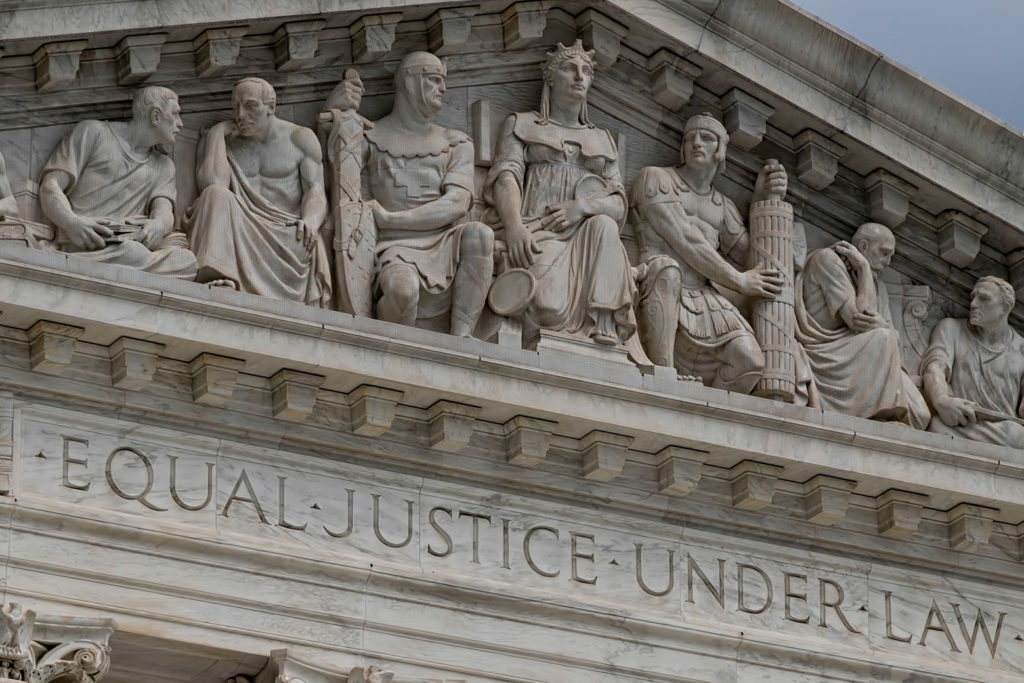
A Unique Criminal Justice Master’s Program
This online master’s in Criminal Justice & Community Corrections is the only graduate program nationwide that focuses on community corrections.
Tuition & Fees
36 credits
$685 per-credit
$3,055 Graduate Assistantships available per semester
(enrolled in a minimum of 6 credits per semester)
Length & Format
2 years
to graduate
Online
program delivery
About The School of Arts & Sciences
Faculty members in Sage’s School of Arts and Sciences are distinguished researchers, published authors, acclaimed artists, Fulbright scholars, business and government professionals and community leaders.
Specialties in our Criminal Justice & Community Corrections master’s program
Our criminal justice master’s program is the first graduate program of its kind in the country focused on the shifting direction from corrections toward community corrections.
Are You a Workforce Development Partnership Member?
To meet the needs of the workforce, Russell Sage College has partnered with organizations and companies to offer special benefits to their employees or members. Currently, Russell Sage has agreements with the New York State Probation Officers Association (NYSPOA), Albany County Department of Probation, and the International Community Justice Association.
See the member benefits, and to learn more about this program or discount, fill out the request info form above and indicate which organization you are affiliated with under the Workforce Development question.

New York State Probation Officers Association (NYSPOA) 
Albany County Department of Probation (ACDPOA) 
ICJA International community Justice Association
Course Requirements
Credits and Completion
This 36-credit master’s degree includes courses in institutional corrections and offender rehabilitation, offender reentry and reintegration, community corrections, restorative justice, abnormal psychology, substance abuse vulnerabilities, dynamics, and problems, forensic mental health, and more. Students design a culminating project with a faculty member or complete an externship in consultation with their academic advisor.

Meet Our Students and Alumni
“As a Sage alumni, I am very excited to have the opportunity to return and pursue this degree. This program sparked my interest the second it was brought to my attention. Given the complexities of our current criminal justice system, I am hopeful that this will enhance my knowledge and practice skills essential for addressing the needs of community supervision. Working as a licensed therapist and a Probation Officer I am constantly faced with the needs of both the probationers and the community, and realize that there is a pressing need of a deeper understanding of community dynamics and rehabilitation strategies. My goal is to work in some sort of leadership role in repairing the system in whatever way I can.”
What attracted you to Russell Sage and your academic program? I was attracted to Russell Sage because it is local …

Your Future Career with a Master’s Degree in Criminal Justice & Community Corrections
Whether you’re beginning your career, pursuing advancement or changing fields, a Master of Science in Criminal Justice and Community Corrections will increase your marketability.
You will be uniquely qualified for employment opportunities within government, for-profit and not-for-profit and human service organizations that provide community-based alternatives to incarceration.
Community-based alternatives include community supervision (parole and probation), reentry and reintegration services, pre-trial options, specialized courts, mental health and drug/alcohol-related services, and other alternatives to incarceration within the community.
Our Criminal Justice & Community Corrections faculty are both experienced professors and practitioners in the field, so they’ll share their up-to-date experience and knowledge with you.

















